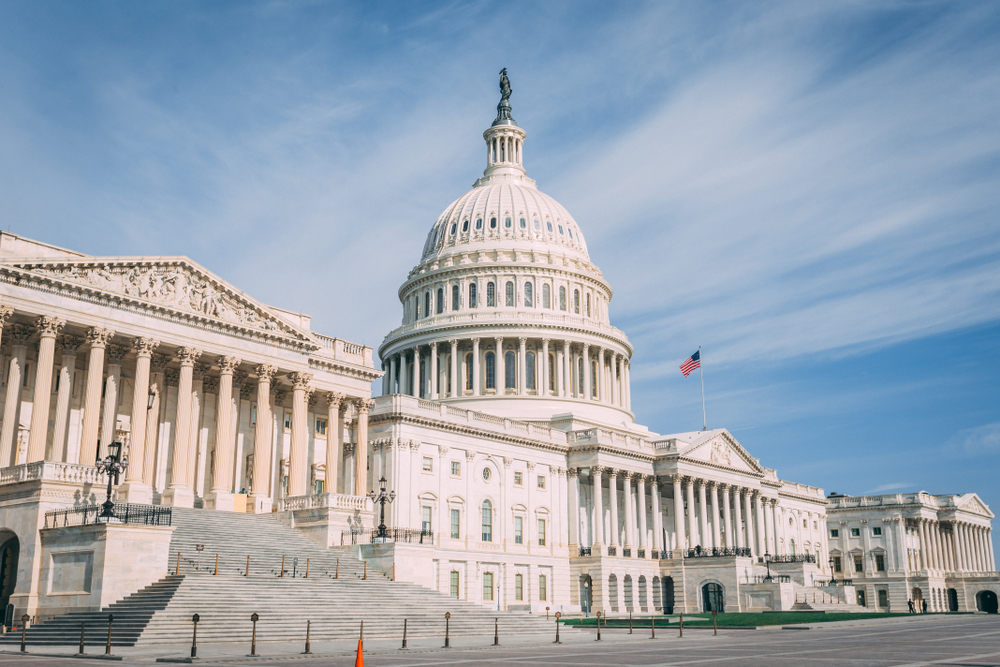Friday, March 22, 2019, the Centers for Medicare and Medicaid Services (CMS) issued a new set of guidance responses to Frequently Asked Questions (FAQs) on implementation activities associated with the January 2014 home and community-based settings (HCBS) final rule. The FAQs discuss settings identified by the regulation as being presumed to have the qualities of an institution, unless CMS determines through a heightened scrutiny review that the settings do not have the qualities of an institution and that the settings do have the qualities of home and community- based settings. The FAQs focus on settings that have “the effect of isolating individuals receiving Medicaid [Home and Community-Based Services] HCBS from the broader community of individuals not receiving Medicaid HCBS.”
Full transition to HCBS compliance is expected March 17, 2022; however, states must approve a remediation plan with settings that fall outside of HCBS compliance by July 1, 2020. Settings that have not completed an approved remediation plan by July 1, 2020 will be submitted to CMS for a heightened scrutiny review.
Very notable in the new guidance is the change from previous guidance on the definition of an “isolating setting”, which presumably would not comply under HCBS rules. The new definition replaces in totality the old definition:
Old Definition of Isolating Setting:
- The setting is designed specifically for people with disabilities, and often even for people with a certain type of disability.
- The individuals in the setting are primarily or exclusively people with disabilities and on-site staff provides many services to them. Settings that isolate people receiving HCBS from the broader community may have any of the following characteristics:
- The setting is designed to provide people with disabilities multiple types of services and activities on-site, including housing, day services, medical, behavioral and therapeutic services, and/or social and recreational activities.
- People in the setting have limited, if any, interaction with the broader community.
- Settings that use/authorize interventions/restrictions that are used in institutional settings or are deemed unacceptable in Medicaid institutional settings (e.g. seclusion).
New Definition of Isolating Setting:
- Due to the design or model of service provision in the setting, individuals have limited, if any, opportunities for interaction in and with the broader community, including with individuals not receiving Medicaid-funded HCBS;
- The setting restricts beneficiary choice to receive services or to engage in activities outside of the setting; or
- The setting is physically located separate and apart from the broader community and does not facilitate beneficiary opportunity to access the broader community and participate in community services, consistent with a beneficiary’s person-centered service plan.
The new guidance can be viewed here.
In addition, a training is offered on the heightened scrutiny process and identification (information below):
HCBS Heightened Scrutiny Training Session
Thursday, March 28, 2019 from 1:30pm – 3:30pm ET
CMS will conduct an HCBS Settings Heightened Scrutiny FAQ training session on March 28, 2019 at 1:30 PM. The training will provide participants with an overview of CMS’s approach to conducting heightened scrutiny reviews of presumptively institutional settings, as described in our recently released guidance. Topics will include identification of settings that isolate beneficiaries receiving HCBS, information on presumptively institutional settings to release for stakeholder input and to submit to CMS, and how CMS will review information on specific settings. Individuals from the Disabled and Elderly Health Programs Group (DEHPG), including the Division of Long Term Services & Supports (DLTSS) will present the training.
Please register to attend this training at: https://neweditions.adobeconnect.com/hcbs_heightened_scrutiny_training_session/event/registration.html

Jordan Lindsey, Executive Director, The Arc of California

